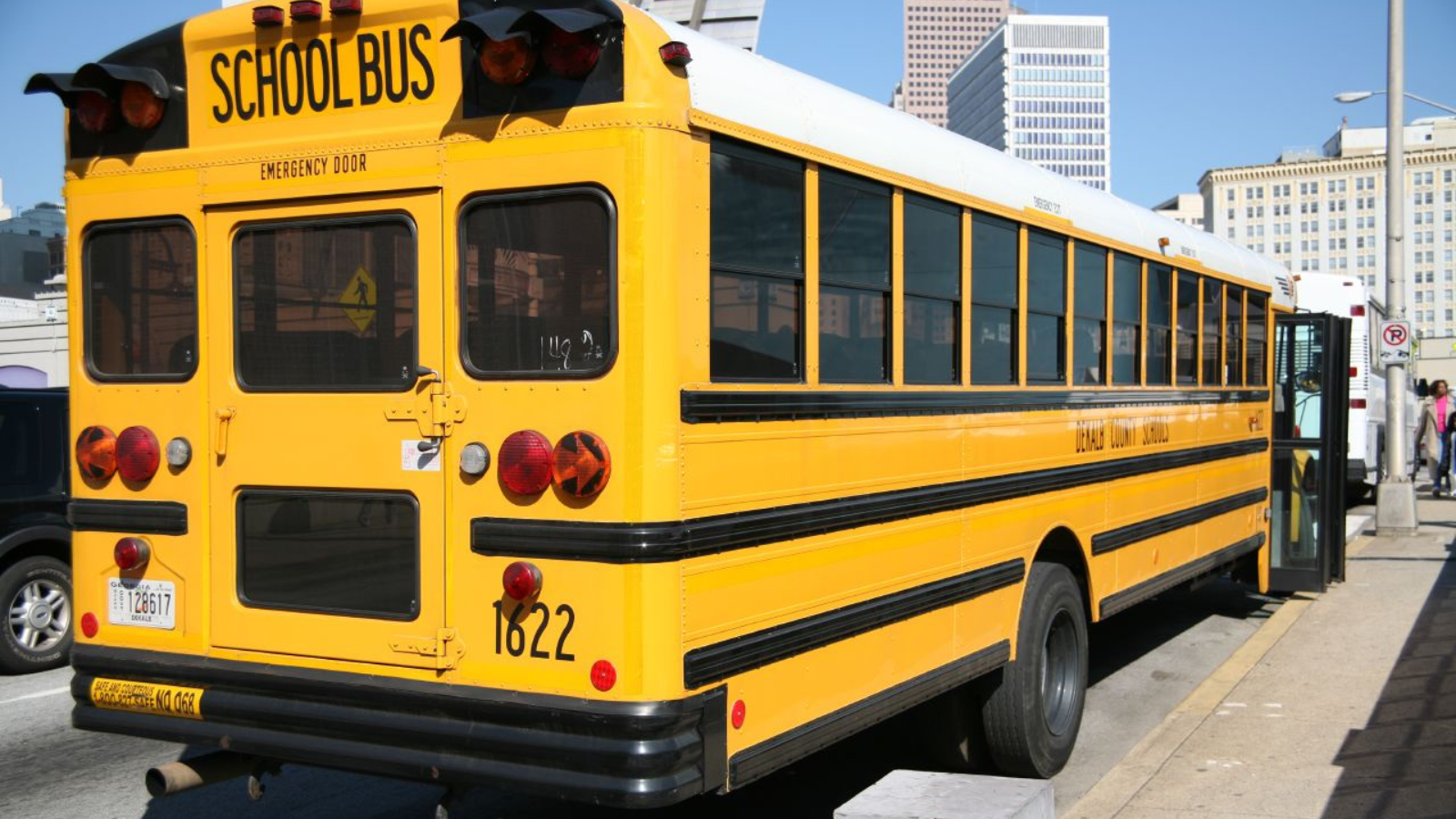Did you know that Indianapolis charter schools don’t want to pick up disabled students? I didn’t either—until it happened to someone I love.
After a long day of work, I was tidying up my home while my husband was cooking dinner for our two kids. Then I got a text from my 18-year-old niece. She’s been through a lot this past year—struggling with housing instability and school access. I’d recently offered her a place to stay, so I assumed the message was related to that.
Instead, she told me she hadn’t been able to get to school—because the bus refused to pick her up from her door.
Let me tell you a little about my niece. She’s a senior in high school, smart and determined, planning to attend Marian University this fall to become a vet tech. She also has Sickle Cell Anemia, a genetic blood disorder that mainly affects people of African descent. Her condition causes intense pain episodes, especially triggered by cold weather—making long waits outside not just uncomfortable, but dangerous.
Her Individualized Education Plan (IEP) clearly states she’s to receive door-to-door transportation. That’s not a suggestion; it’s a legal obligation. But her charter school, one of several that receives transportation services through IPS, told her that IPS transportation had a “new policy:” no more door-to-door, only what they called the “closest and safest” pickup points. For her, that meant walking two blocks and waiting outside for up to 20 minutes. Sometimes, the bus didn’t even show up.
She was upset, but not defeated. She asked if I could take her to school in the mornings from her grandmother’s house. Of course I said yes. I love her like one of my own. But I also couldn’t ignore what was happening. This wasn’t a mix-up. This was ableism, plain and simple.
I reached out to a friend who’s a member of the ISTA union and a volunteer at the Indianapolis Liberation Center. I asked if he could help us advocate for my niece. He sent me the official IPS Guidebook for parents and staff regarding special needs transportation. Right there in black and white, it stated that under certain conditions, transportation must be provided directly from the student’s home or daycare.
In a moment where I felt powerless, the Liberation Center reminded me of something vital: community isn’t just comfort. It’s power. It’s organizing. It’s action.
Together—with that information in hand—my niece, her mom, and I went to the school. We pushed back. And now, they’re picking her up from her front door, just like they’re supposed to.
I’m sharing this because I know we’re not the only ones. There are so many working parents and caregivers who don’t have the time or energy to fight every bureaucratic battle. But this is exactly why we must be part of something bigger than ourselves. Because when we’re together—when we organize, advocate, and refuse to be silent—we win.
Featured image: A school bus stopped allowing students to enter or exit. Credit: flickr

